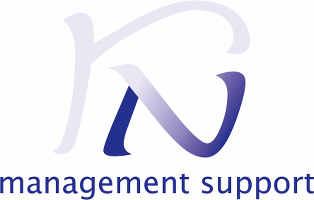Play the cello: On the instrument, the fingers of the left hand and the right arm cooperate to create a unique melody from individual notes. What a wonderful metaphor for working together in the team “Management – Assistant”.
“Take responsibility proactively, develop competence, live your strengths and talents, remove your barriers and shape your own contribution.” is my guideline for my work with and for management assistants. I teach this in trainings, seminars, workshops and courses. In a safe and open-minded learning environment each participant can link theory and practice, in order to sustainably integrate new insights and tools. What counts after all is the transfer to one’s own daily work life and the development and expansion of personal professionalism.

My appeal to management assistants:
What moves your boss also moves you.
You can make your own contribution to achieving the organizational goals. Experience and competence are important ingredients. Just as important is the understanding and knowledge of these goals and management’s priorities. This will enable you to participate, to anticipate, to initiate, to set your own (derived) priorities and to offer effective management support.
Your role is more than your job description.
In order to work effectively in the team Superior – Assistant, you need more than to know how to lead your secretariat. What contribution can you make to achieve the goals? How can you ask the right questions and set the right priorities? Design your personal added value through competence, awareness, goal orientation, flexibility and initiative, in the context of your position. Use your talents and interests.
Change is omnipresent: Recognize it as an opportunity for yourself.
Be prepared for (future) changes and ask yourself what consequences these will have for your tasks. Develop and expand your competence accordingly, look for opportunities to become involved. Communicate your ideas, discuss with your manager how you can expand your own contribution. In this way, you, your manager(s), your colleagues and your company will benefit from your commitment.
My main subjects for training, seminars and workshops:
• To build the team manager/assistant
• To shape added value from the role and the position
• To understand organizations and to learn management tools
• Tools for setting and reaching goals
• Priority and time management
• Mental training for personal effectiveness
• (Intercultural) Communication
• English in business
• Coaching skills for the assistant
• Project management
 Deutsch
Deutsch English
English Nederlands
Nederlands